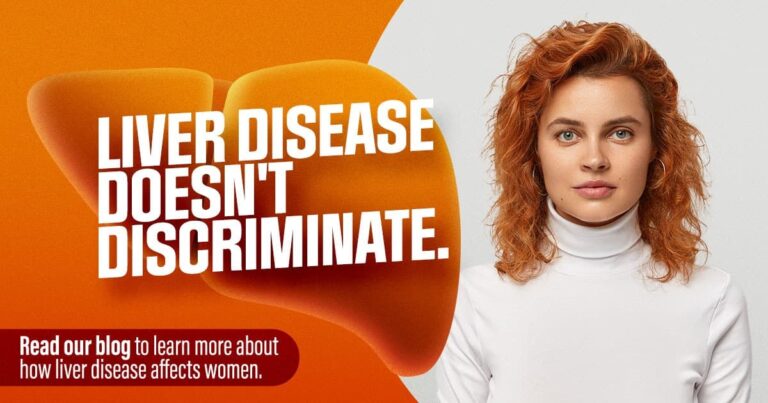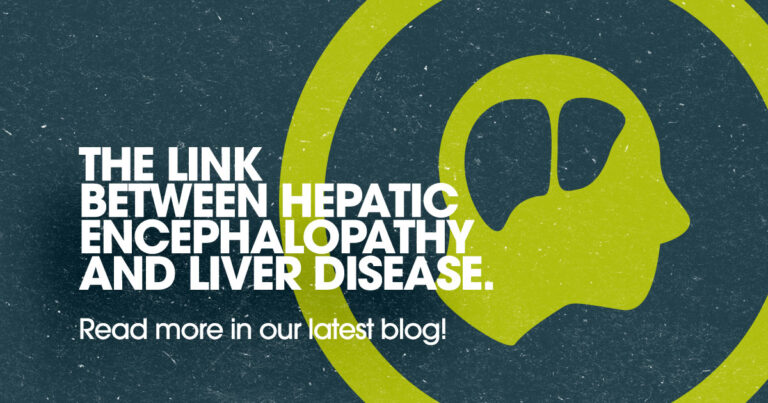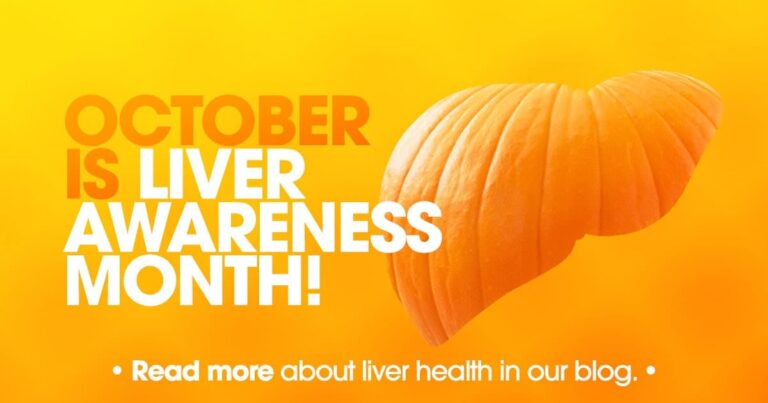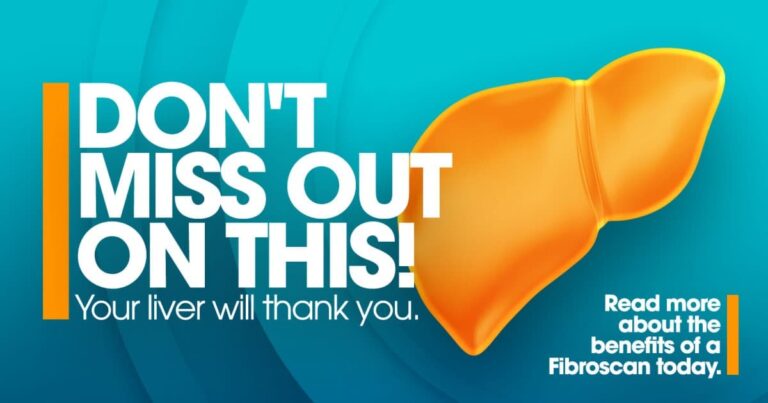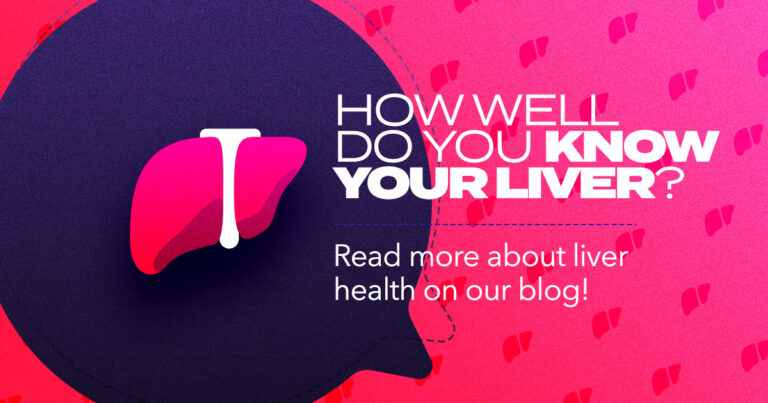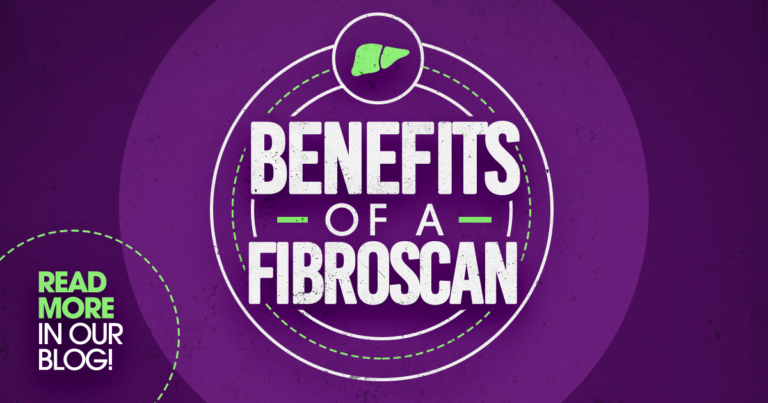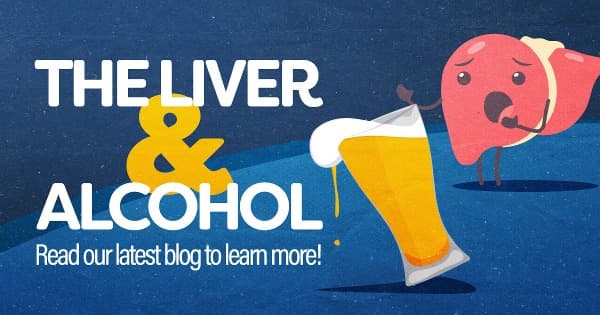
The Effects of Alcohol on the Liver
Alcohol is one of the most widely used substances among America’s adult and teen populations, posing substantial health and safety risks. Even though most know the adverse effects of alcohol, many tend to do so without fully recognizing the health risks of consuming alcohol excessively. The liver is one of the essential organs in the body, and when it comes to alcohol, it can have devastating effects. The Metabolization of Alcohol On average, it takes the body about an hour to process one alcoholic beverage. Every additional drink increased that time frame. The more a person drinks, the longer it takes to process alcohol. That’s because the liver can only process so much at a time. When someone drinks too much, the alcohol left unprocessed by the liver circulates through the bloodstream and starts affecting the heart and brain. This is how people become intoxicated. Two liver enzymes begin to break apart the alcohol molecule so it the body can eventually eliminate them. Alcohol’s Destruction One of those enzymes, ADH, helps convert alcohol to acetaldehyde. Acetaldehyde is only in the body for a short time, but it is highly toxic and a known carcinogen. Some small amounts of alcohol are also eliminated from the body by forming fatty acid compounds. These compounds can damage the liver and pancreas. The toxic effects of acetaldehyde have been linked to the development of cancers of the: Mouth Throat Upper respiratory tract Liver Colon Breasts Chronic alcohol abuse (drinking 4 or 5 drinks in a row regularly) also destroys liver cells, which progress from fatty liver to alcoholic hepatitis (inflammation) to cirrhosis (scarring). However, heavy drinkers may develop alcoholic cirrhosis without first developing hepatitis. Is There a Safe Amount of Alcohol? While there is no safe amount of alcohol you can consume, you can reduce your risk of liver damage by drinking less. Individuals can drink in moderation by limiting intake to 2 drinks or less in a day for men or one drink or less for women. Does the health of your liver concern you? Arizona Liver Health offers a FREE fibroscan for adults at risk of liver disease. To learn more, call (480) 470-4000 or request an appointment online today! Sources: https://www.verywellmind.com/alcohol-metabolism-key-to-alcohols-dangers-66524 https://www.addictioncenter.com/alcohol/liver/
